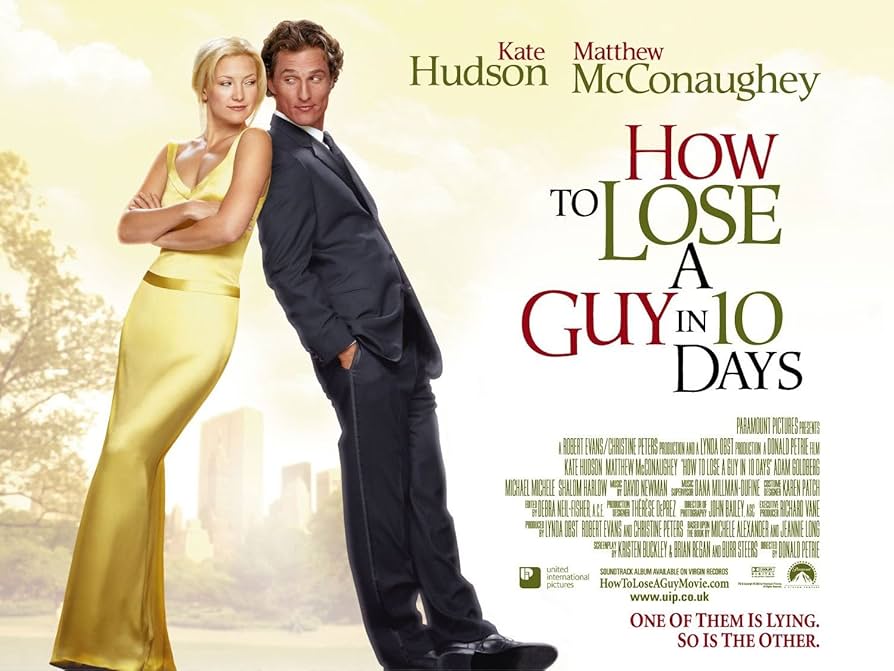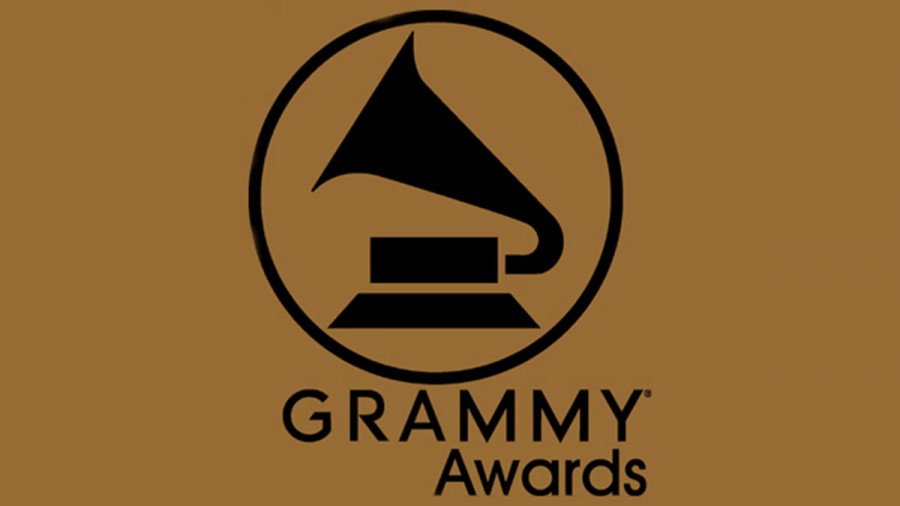Poptomistic about the Grammys
January 25, 2016
With the Grammy nominations announced and the air date (Feb. 15) creeping forward, the annual conversation of how relevant the awards really are returns, each year louder than before. While the critics who call for more small acts and independent music in the Grammys have a larger voice each year, the changes that they want would leave the awards show just a shell of its current giant status. The most important part of the Grammy Awards is that they are a big-name show filled with big-name artists, and they embody the mass appeal and cultural identity of pop music. They fill the popular niche in our culture that is defined separate from the world of independent music.
The Grammys serve a much different purpose to music than the Academy Awards to film. Unlike the art films promoted by the Academy of Motion Picture Arts, a Grammy is a pop culture award at its core, and the criteria by which The Recording Academy define quality and artistic merit is far different from that of its critics. The Grammy Awards are not meant to define the most artistically forward or experimental music of the year, but rather preserve a snapshot of the year in pop culture—which can’t be done without pop music.
The Recording Academy has been accused of nominating “token” indie acts to give an appearance of diversity, and to some extent this is true. Most notable is Beck’s upset of Beyoncé’s landmark self-titled album with his simple but one-note return effort “Morning Phase” last year, but critics who cite the Academy Awards as superior to the Grammys neglect that flukes like Beck’s victory happen just as often through the Academy: “Forrest Gump” over “Pulp Fiction” in 1995, “Crash” over “Brokeback Mountain” in 2006, and even Ben Affleck being panned in 2013 despite his fantastic work as director in “Argo”.
The perceived injustice of the Grammys is ultimately rooted in its critics’ unrealistic expectation for a universal acceptance of independent music. Awards and means of discovery certainly exist for growing acts, and if anything it’s easier than ever to search for new music. Between the rise of indie record labels, huge music festival undercards, conventions like South by Southwest and independent music prizes like Mercury, Polaris and Shortlist, the Grammys don’t unfairly cut out independent music. Instead of risking the alienation of its viewers, the Grammys stay true to mass-market popular culture origins and bring in a list of big names to affirm its status as “music’s biggest night”.






















![Movie poster for '[Rec]" (2007).](https://www.lionnewspaper.com/wp-content/uploads/2023/04/rec-640x900.jpg)

